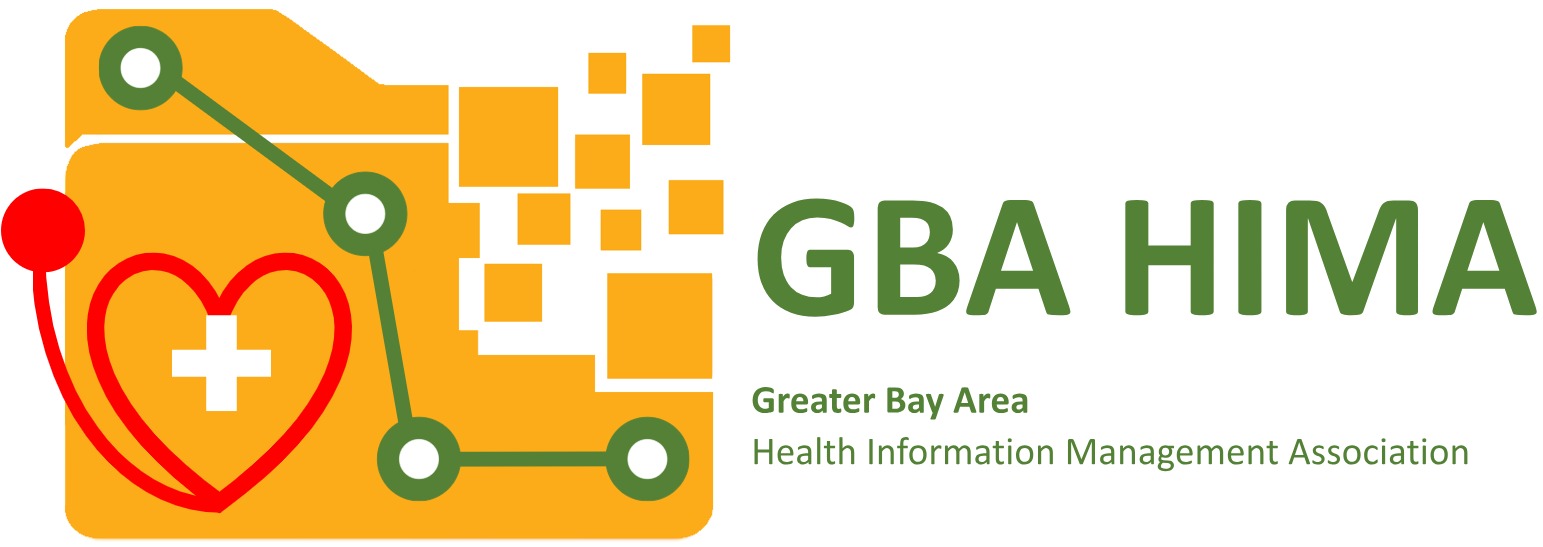Accurate health data serves as the cornerstone of modern patient care, directly influencing outcomes, safety, and efficiency. When data is precise and comprehensive, it empowers clinicians to make informed, evidence-based decisions. This leads to correct diagnoses, tailored treatment plans, and effective medication management, significantly reducing the risk of errors and adverse events.
Furthermore, accurate data is the lifeblood of care coordination. In a complex healthcare system, seamless information sharing between primary care physicians, specialists, and hospitals ensures continuity. It prevents redundant tests, avoids harmful drug interactions, and provides a holistic view of the patient’s journey, which is crucial for managing chronic conditions.


For the patient, this translates to a safer, more personalized experience. It builds trust and enables their active participation in their own health. Conversely, inaccurate or incomplete data can have devastating consequences, leading to misdiagnosis, treatment delays, and compromised safety. Therefore, the rigorous collection and management of reliable health data is not merely an administrative task but a fundamental clinical imperative that underpins high-quality, effective, and compassionate patient care.

